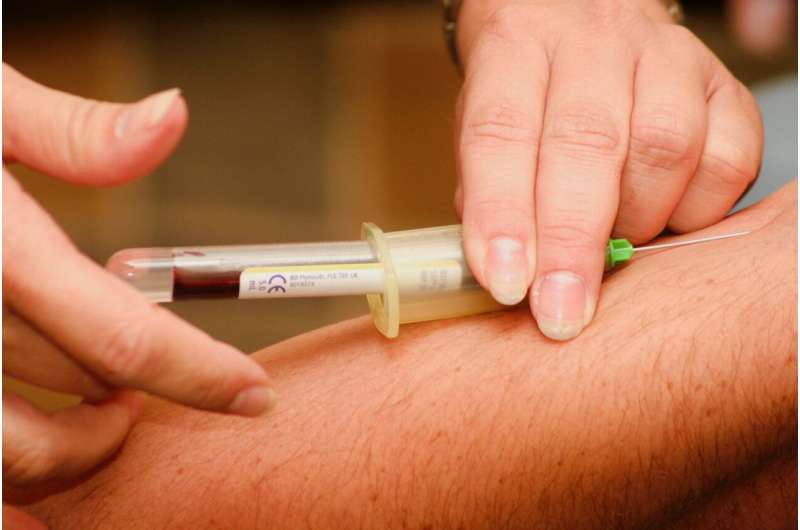Global Survey Reveals Challenges in Implementing VR-Haptic Technology in Dental Education

A comprehensive global survey involving 156 educational institutions highlights both growing interest and significant barriers in adopting VR-haptic technology for dental training. Conducted by the University of Eastern Finland and published in Frontiers in Dental Medicine, the study explores dental educators' perceptions, needs, and the technical, financial, and curricular challenges faced by institutions worldwide.
VR-haptic systems combine virtual reality with force feedback mechanisms, offering an innovative supplement to traditional dental skill training. These technologies aim to enhance the precision and realism of dental simulations, potentially improving student readiness for clinical practice.
Despite the enthusiasm, numerous obstacles hinder widespread adoption. Over a third of respondents (35%) identified technical limitations such as low haptic feedback accuracy and limited procedural options that impair effective skill transfer to real patient care. Financial constraints are also significant; 28% of institutions struggle with the high costs of acquiring and maintaining these devices, leading to limited access for students.
Resistance to change remains another barrier, with 24% of respondents noting reluctance among educators and students to shift from established teaching methods. Furthermore, 13% emphasized the time-consuming nature of integrating VR-haptics into existing curricula and the need for specialized training for faculty.
To overcome these challenges, experts recommend ongoing development of hardware and software, cost-reduction strategies, and targeted training programs for educators. Collaborations across dental disciplines such as restorative dentistry, prosthodontics, and endodontics are crucial to create realistic, discipline-specific training scenarios that facilitate the effective use of VR-haptic technology.
This survey underscores the importance of multidisciplinary efforts and technological advancements to make VR-haptics a viable and impactful tool in dental education, ultimately aiming to improve clinical skills and patient outcomes.
Source: https://medicalxpress.com/news/2025-04-global-survey-highlights-vr-haptic.html
Stay Updated with Mia's Feed
Get the latest health & wellness insights delivered straight to your inbox.
Related Articles
Promising Early-Stage HIV Vaccine Shows Targeted Immune Response in Human Trial
Amsterdam researchers have developed an innovative HIV vaccine that successfully triggers targeted immune responses in early trials, marking a significant step toward an effective global HIV vaccine.
Advancements in Cognitive Rehabilitation Show Faster Gains in Active Duty Military
New research reveals that strategic brain training protocols can accelerate cognitive recovery in active military personnel with brain injuries and PTSD, offering faster and more effective rehabilitation methods.
Enhancing Surgical Efficiency: How Tailored Strategies and Team Collaboration Reduce Unnecessary Preoperative Tests
A University of Michigan-led study demonstrates how tailored strategies and team collaboration can significantly reduce unnecessary pre-surgery testing, saving time and resources while maintaining patient safety.
Impact of Preterm Birth on Adult Blood Pressure and Anxiety Levels
Research links preterm birth to increased blood pressure and anxiety in adulthood. Long-term effects include metabolic and psychological risks, highlighting the need for targeted screening and care.



